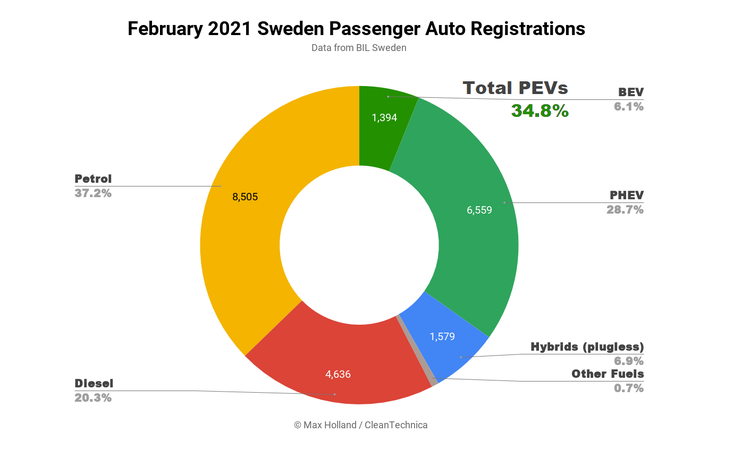By Mr. Umair Nabeel, Renewable Energy and Environmental Entrepreneur
Cover Story: Tesla model 3(2021) gets IIHS certification/rating. Now what does this actually mean or translate into in simple terms, from an end user’s view point. Let me try and decode this and explain to my readers in slight detail. As with any automobile, LTV or HTV and regardless of the OEM, in order to get itself on the road on a commercial level, it has to pass a minimum set of industry standards, checks and regulation. Same is the case with EVs. And I particularly take Tesla’s example because it is a pioneer in this industry and has continued to lead by leaps and bounds, on almost all fronts with road safety being a cornerstone policy. IIHS (Insurance Institute For Highway Safety) has stamped its approval on the model 3(2021) which as a consumer/potential EV buyer, is a major confidence booster bridging the gaps that exist in the market and I highly recommend you all to visit their webpage. A new tech vs. the same buyer.
Fancy slogans and marketing can only go as far, real data, credible and verified data on an EV and the end user’s access coupled with understanding of it will prove to be the actual catalyst as we strive to tackle the cancerous urban air quality and pollution.
Global News Desk: So, some interesting bits to talk about in this April 2021 edition. A big name from the international courier/cargo and freight sector has hopped on the bus and policy statement on the EV switch is out. Some remarkable data from a couple of European countries on latest EV sales, especially given the pandemic. And finally a short brief on the latest from our complex friends, the fuel source of every electric vehicle, lithium-ion batteries.
FedEx Corporation, as confirmed by their Chairman and CEO has announced a $2bn budget which will fund all of the company’s moves to a carbon neutral organization by 2040. A major part of which is the phased switch to an all-electric vehicle based fleet. Pickup and delivery vehicles form a huge part of any courier/cargo and freight company and this effort by FedEx is highly appreciated and one ready reference for related entities here in Pakistan.

Sweden and Britain recorded record sales of EVs (PHEV + BEV) for the month of February
2021. The market share in terms of sales/new registrations for the mentioned month stands at
34.8% in Sweden and 13% in Britain. This at a time when the automobiles industry like quite a few others has been in the eye of the covid-19 storm. In GB alone, it’s estimated to be down by almost 35% for comparable time periods. A graphical illustration for Sweden has been made part of this editorial.
Last but not the least, some important updates (combined) to share on lithium-ion batteries, the fuel source of electric vehicles. Volkswagen, Storedot, Meet Battery Research Centre, SK
Innovation are some names to take note of when it comes to material chemistries and their advanced level RnD for lithium-ion batteries. Currently the market is exposed to around five (05) design variants varying from one application to another. The aforementioned organizations are laying more emphasis on nickel, manganese, silicon led quantitative experiments to the existing design variants for both the cathode and anode. Meet Battery Research Centre has recently published their paper on this subject matter with the addition of an additive to existing electrolytes also forming part of their research (key in my view given its correlation with charging and discharging).
The next five years at most will be critical in my view with reference to RnD. Eventually these design variants have to converge to not more than two-three at most to ensure a stable, ustainable and commercially viable market. Until next time, stay safe and ensure strict adherence to covid-19 SOPs no matter what.








